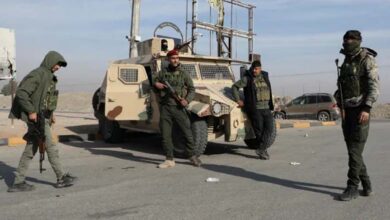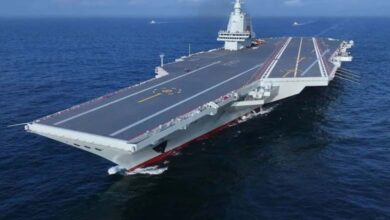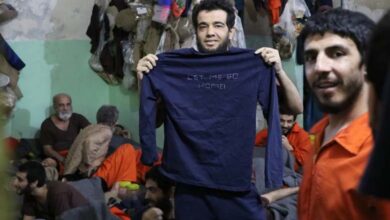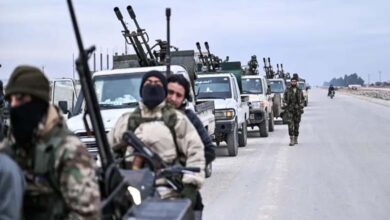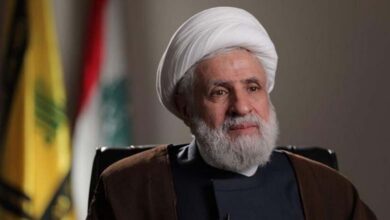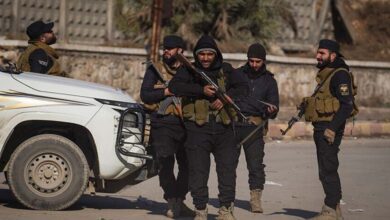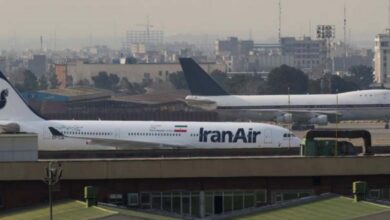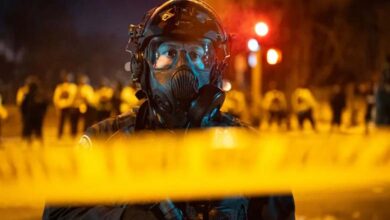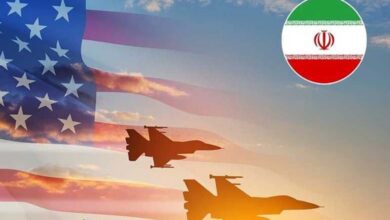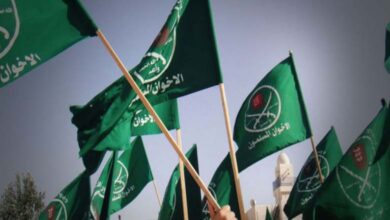Washington threatens sanctions against those who obstruct Libya’s elections – details
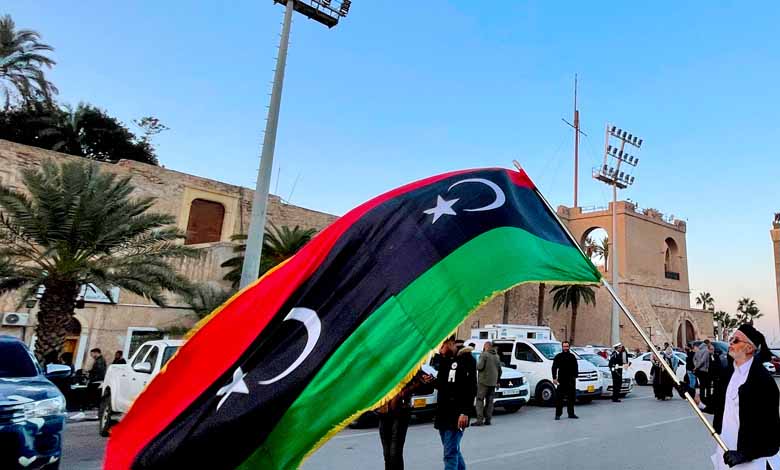
A deadlocked situation is accelerating the pace of the UN and Western countries to bring Libya back to the path of elections that stumbled on a force majeure.
The latest was a meeting between Washington’s ambassador to Libya, Richard Norland, the two speakers of parliament, Aguila Saleh Issa, and the so-called High Council of State, Khalid al-Mishri, in the Egyptian capital, Cairo.
However, these meetings were followed by US warnings against imposing sanctions on those who obstruct the holding of elections in Libya, in a clear indication to the Libyan Brotherhood and the deposed government of Abdul Hamid Dbeibeh, which still refuses to hand over power.
US Warnings
There are sanctions that will be imposed on those who obstruct the Libyan political process and the holding of the elections, State Department spokesman Samuel Worberg said. He said the sanctions will be in cooperation between the United Nations, the United States, its international partners and its allies in the region and outside the region.
The US diplomat added that his country aims to support the choice of the Libyan people who chose the elections, stressing that the time has come “for a unified Libyan government to face all the economic and social challenges that Libya is witnessing”.
On the crisis of the two governments, he said that “his country’s strategy is to work with all parties to reach a solution, pointing out that Ambassador Norland held meetings with the parties in Libya, and met all Libyan leaders. We encourage the Libyan leaders to move forward with the elections”.
Carrots and sticks
US threats of sanctions Libyan political analyst Kamel al-Maraash said that they are part of an outdated “carrot and stick” policy, noting that America and its allies will not be able to impose sanctions for hegemony.
The Libyan expert stressed that the stability of Libya depends on the change of the American policy in Libya, and Washington’s removal of its hand from supporting the government of “rebellion, looting” and instability in Libya, in a reference to the government of Dbeibeh.
On the secret behind the waving of US sanctions two days after the Norland’s meeting with Saleh and al-Mishri in Cairo, the Libyan analyst said that the waving of the sanctions is related to ending the cessation of Libyan oil production, which the United States is keen to flow to ensure the success of its policy of “strangling” the Russian economy.
Stopping the looting
He said, however, that the complete reproduction is linked to the mechanisms for disbursing its revenues equally to the regions of the country, and to stop the “looting and corruption” practiced by the deposed government of Dbeibeh. He called on the United States to return its calculations in supporting Dbeibeh.
On Monday, the US ambassador to Libya stressed the need to support the UN-led process aimed at holding parliamentary and presidential elections as soon as possible as Libyan voters demand.
Norland stressed the need for participants in the upcoming Cairo meeting to agree on a constitutional basis for elections.
The US threat of sanctions comes four days before Cairo hosts the second round of consultations between the House of Representatives and the Supreme State Council to agree on a constitutional basis for holding the Libyan elections, which stalled on December 24.


